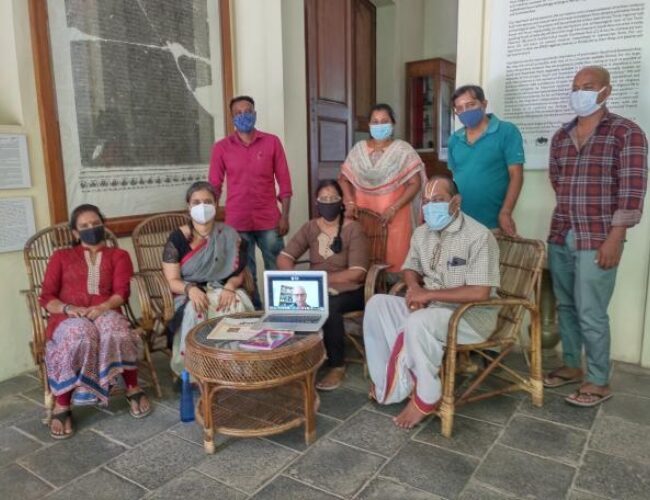The Kalliṭaikuṟicci and Villiyampākkam collections are palm-leaf collections held privately in India. The collections are essential to study the prevalent reading practices in the regions, both for male members of erudite families, and larger group of scholars. The hot and humid environment of India puts the collections in danger.

Preliminary research shows that the Kalliṭaikuṟicci is a private collection of one family, handed down from father to son, since the mid-19th century. Research will allow scholars to learn about the reading habits of the male members of an erudite, presumably Brahmin, family in South India a century and a half ago. Hardly any studies of this kind exist. On the other hand, the Villiyampākkam collection comprises manuscripts of different types, collected from various sources, which can give us a global understanding of the prevalent reading practices of a larger network of scholars belonging to more than one caste and religious persuasion.
Both collections consist of palm-leaf manuscripts that are well over a century old. The effects of the hot and humid South Indian weather on palm leaves are notorious, as it reduces the lifetime of these artefacts to two or three centuries maximum, due to the proliferation of fungi and the labour of insects.
The project exceeded the amount of digitisation planned, digitising the entirety of the two collections. The team was trained by previous EAP project holders in digitisation and metadata collection. The team plans to continue the digitisation efforts in the region through the skills learnt.
